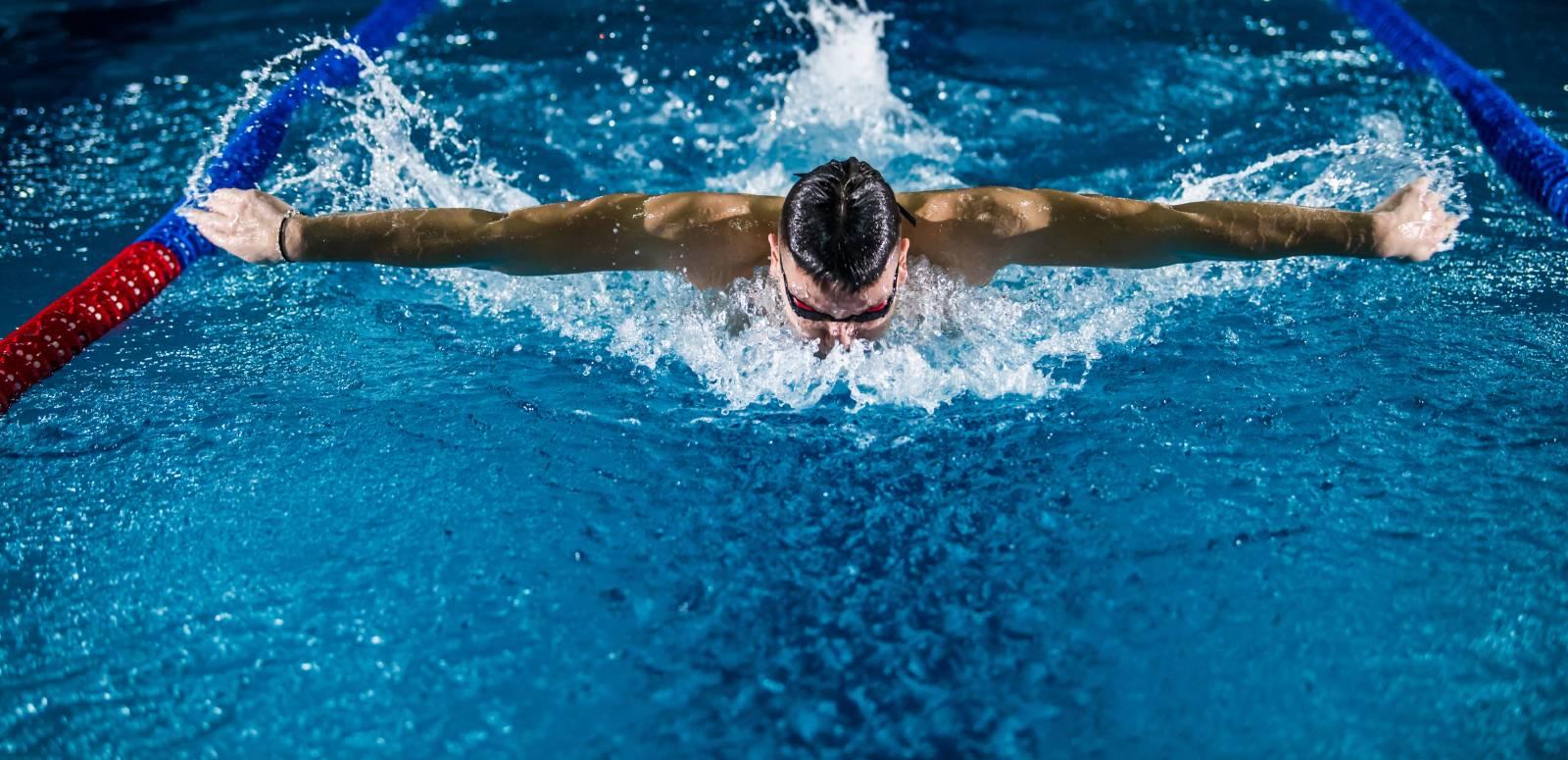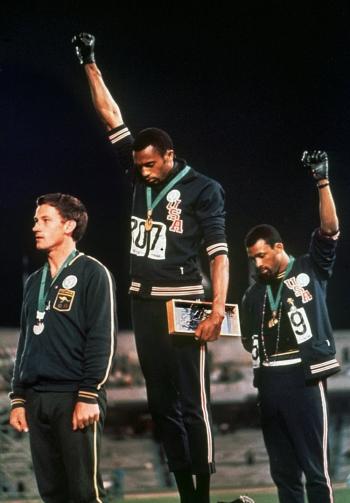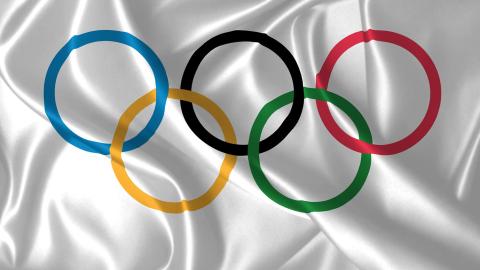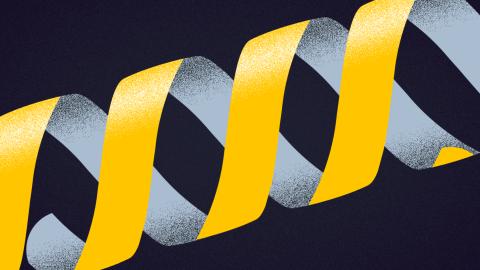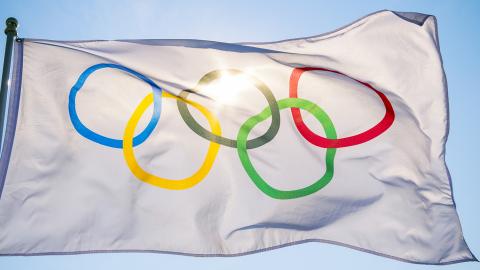The Olympics has always been as much – if not more – about the human stories, as well as the sporting achievements. It continues to play a major role in shaping Australian cultural identity.
In the year of Tokyo 2021, our Summer Olympics curated collection spotlights some of Australia's greatest Olympic moments from 1964, the last time Tokyo hosted the Games, to 2016.

